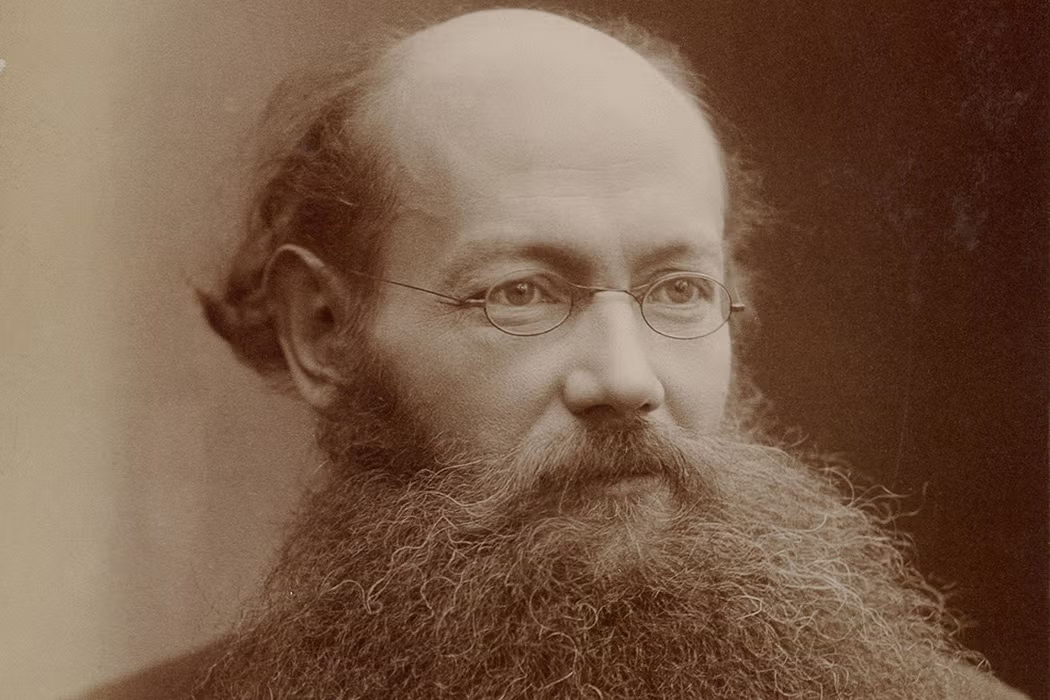Let’s take a closer look at the Russian aristocrat turned anarchist who (literally) wrote the book on mutual aid.
By Matthew Wills
Mutual aid is a voluntary system of cooperation, exchange, and collaboration for the common benefit. The phrase has been heard more and more this century as states reveal themselves to be less than resilient in the face of natural and unnatural disasters. This directory of mutual aid groups in New York City, for instance, shows the range of resource/skill sharing going on.
The idea of mutual aid is much older than its present resurgence. Cooperation, after all, has been fundamental to human history. And mutualism, as symbiotic cooperation is called in biology, is vital to life itself. As the Russian prince turned anarchist Peter Kropotkin argued more than a century ago with the subtitle of his Mutual Aid (1902), it is “a key factor of evolution.”
Yet mutual aid/mutualism never seems to get as much attention as conflict/competition does. Ever since Darwin, elites have pushed the self-justifying notion of evolution as a matter of winners and losers, merging biology with market economics and touting what Herbert Spencer termed the “survival of the fittest.” Spencer aligned his reading of Darwin with his own economic theories: the resulting “Social Darwinism” should really be called “Spencerism.” Spencerism’s descent into eugenics underlay elite self-conceptions—as well as murderous reigns of racism and nationalism—for decades. Its reappearance on the American scene in the twenty-first century should be taken as a foreboding.


